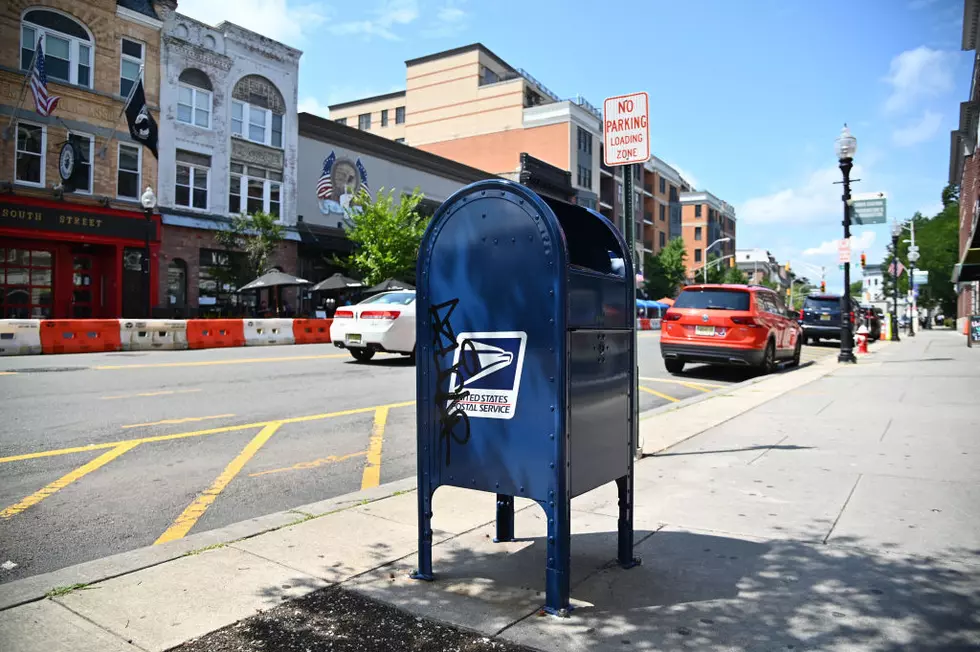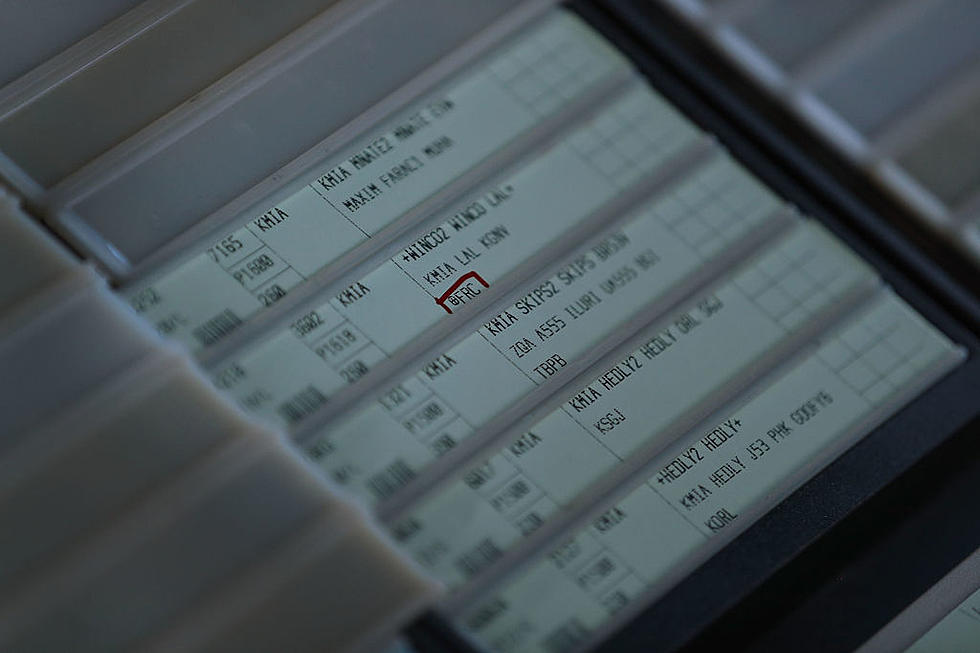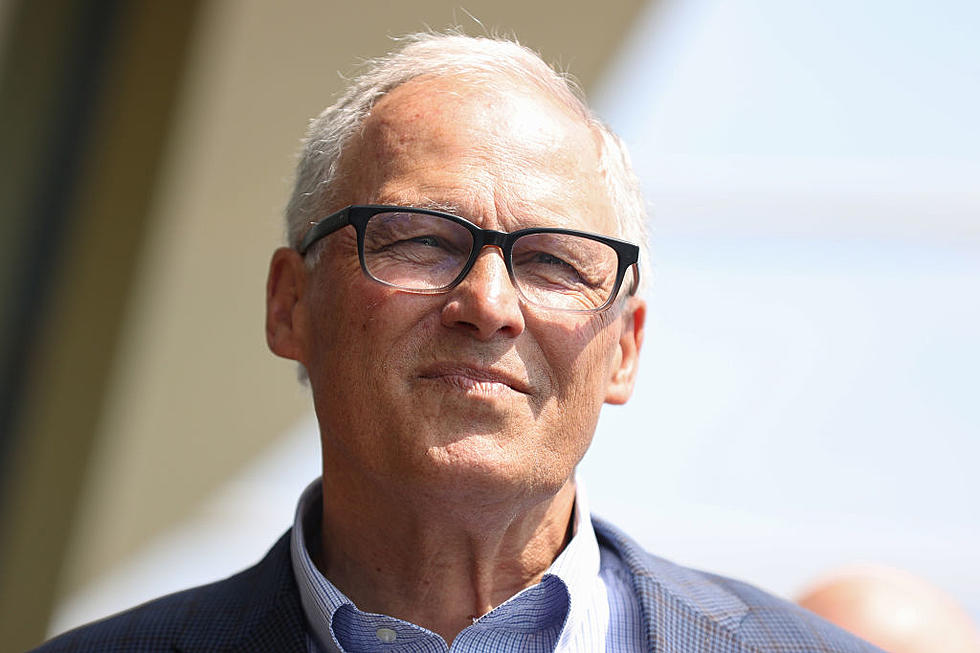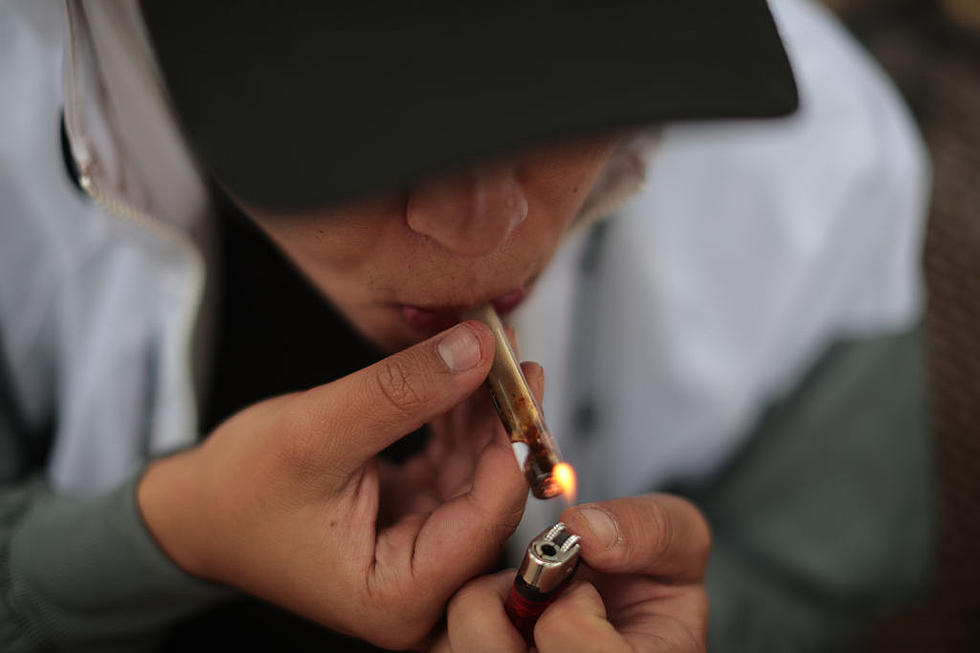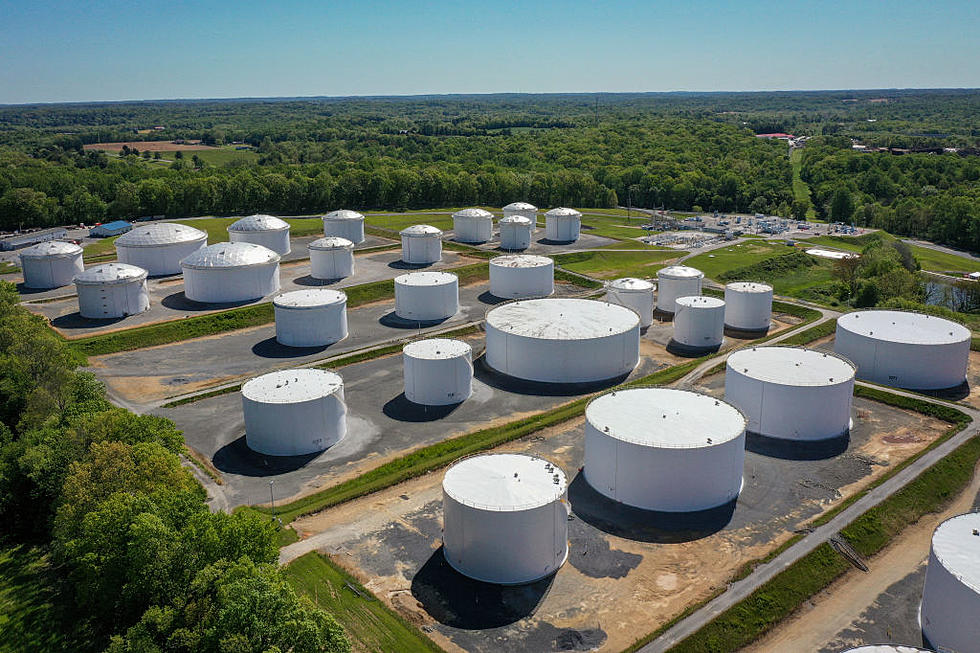
Gov. Inslee Signs Off on Controversial Climate Change Agreement
Along with governors of CA, OR and the Prime Minister of British Columbia, Wednesday Gov. Inslee signed off on the next phase of a controversial climate change pact.
It's called the Pacific Northwest Climate Leadership Agreement, a fancy name for another attempt to restrict use of fossil fuels, force citizens to embrace electric vehicles, and further set back the economies of California, Oregon and Washington as well as British Columbia for the purpose of climate change.
According to information released Wednesday from Inslee's office:
The Pacific Coast Collaborative-cities agreement outlines areas of cooperation to slash greenhouse gas emissions and advance a clean energy economy, with a focus on energy systems, buildings, transportation, and waste management. As climate change requires decisive action at the subnational level to realize the promise of the Paris accord, cities, states, and provinces are acting with a growing recognition that they have a unique role to play in executing the wide-ranging solutions advanced in the agreement.Key provisions of the agreement include: 1) implementing energy data reporting and benchmarking for at least 75 percent of eligible large building square footage; 2) expanding consumer, municipal, utility, and private sector adoption of zero-emission vehicles and development of a Pacific Coast electric vehicle charging network from Southern California to British Columbia; 3) accelerating the deployment of distributed, community-scale renewable energy, integrated into the grid, including lowering the carbon intensity of heating fuels in commercial and residential buildings; and 4) reducing carbon emissions from the food waste stream by preventing and recovering organic waste and promoting composting.
Although it does not contain legally binding mandates, these policies have been attempted to put in to practice by Inslee with legislation rejected by the Washington state legislature, namely the GOP-controlled Senate.
It is quite likely the next legislative session will contain a new round of climate change policies proposed by the governor, similar to his attempts to place a carbon tax on gas that would have raised prices nearly $1.00 a gallon.
More From 870 AM KFLD


